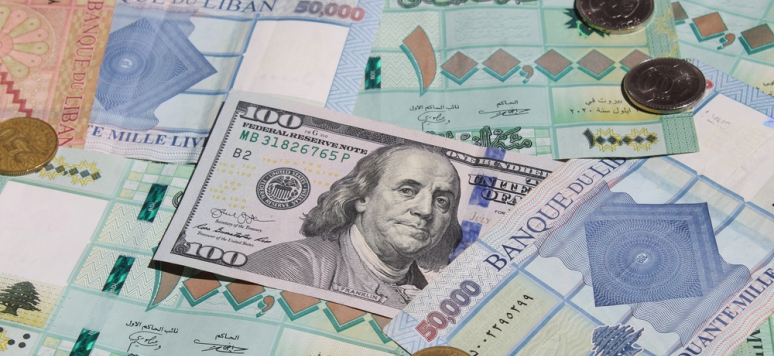Notes de l'Ifri - Lebanese Banking Crisis: The Systemic Workings of a Wreck Notes de l'Ifri, May 2022
Publié le 11/05/2022

Lebanese pounds.
Credits: Abdel Mohaymen / Shutterstock
Two and a half years after the outbreak of an unprecedented banking, monetary and debt crisis qualified by the World Bank as one of the worst financial meltdowns since 1850, fears of intermittent or cascading bank failures are high in Lebanon, as the fate of billions of dollars in deposits remains uncertain.
Currently losing all its legitimacy on the national and international scenes, the political class continues to cling to power without ever reforming the confessional and clientelist system that caused the Lebanese collapse. This meltdown is deeply linked to the political crisis that has been going on for more than two years. Indeed, the confessional power-sharing system has infected the financial sphere over the decades.
Meanwhile, the country still hasn’t reached an agreement with the International Monetary Fund (IMF), while the national currency has lost more than 95 % of its value since the beginning of the crisis in October 2019, causing triple-digit inflation and plunging large parts of the population below the poverty line.
This content is available in French: Crise bancaire libanaise : les rouages systémiques d'un naufrage [1]
